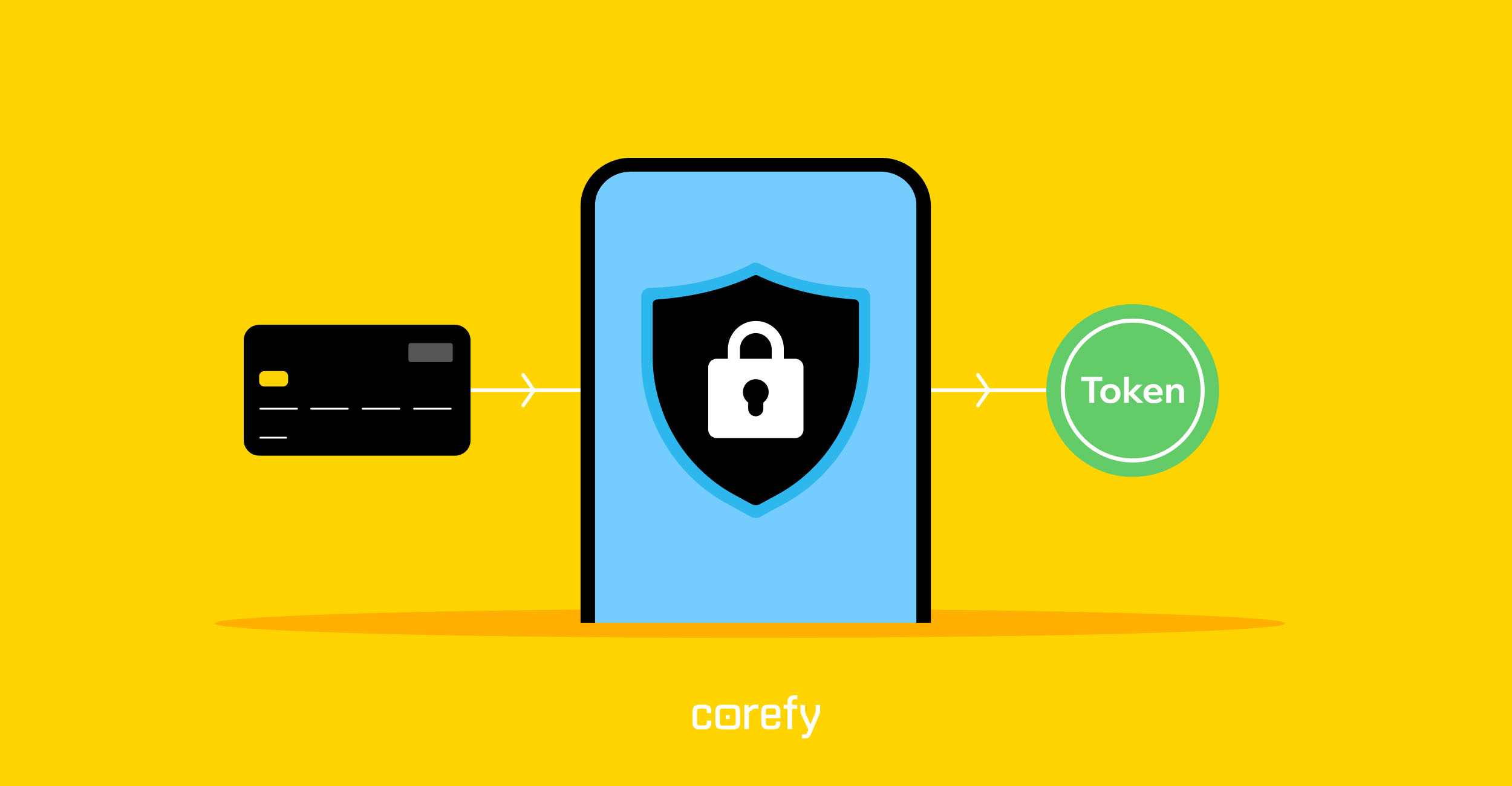What is the integral part of each online business, aside from qualitative products or services and purchasers, of course? Probably, it’s the ability for your purchasers to pay with cards and for you to accept online payments. To provide customers with this functionality, merchants must enter into an agreement with a bank and open a merchant account for business. This is not always a quick and easy procedure, but we’ve collected the basic tips on how to create a merchant account to facilitate this process for you.
Merchant account for business: the concept explained
It’s a special type of bank account that enables merchants to accept online payments. In fact, a merchant account is an agreement between an online store and an acquiring bank that enables a financial institution to process customers’ website payments.
The scheme of money movement is as follows:
Step 1. The money is debited from a client’s card.
Step 2. A payment gateway processes the transaction.
Step 3. The funds go to the merchant’s bank account.
Step 4. The merchant receives funds to its bank account (usually within 1-2 days).
Why is the scheme of settlement so complicated? Let’s figure out why the funds go to a merchant account but not to a commercial one at once.
Unfortunately, the sales process is not always smooth. Sometimes, customers may request a refund because the product they bought did not fit. Or the funds from their card were debited as a result of fraudulent transactions. In such cases, the money is withdrawn from the merchant account, and the remaining sum is withdrawn to the bank account. That is why setting up a merchant account is the priority if you decide to win the world of e-commerce.
Benefits of having a merchant account
Despite being quite a palaver, having a merchant account has tons of benefits for your online business.
- Transaction speed. It doesn’t matter what the current turnover of your online business is. The ability to perform hundreds or thousands of transactions per minute opens up incredible prospects for increasing your income in the future.
- Multicurrency. Having a merchant account allows you to accept payments in various currencies. Thus, the expansion of your business is just a matter of time.
- Safety. No matter how you set up a merchant account (using a PSP or with a bank by yourself), it is inextricably linked with a PSP certificate. And having this document, you can guarantee the security of your customers’ payment data.
- Increased income & attraction of more customers. By accepting card payments on your site, you increase your profit. More people now tend to pay by card. In addition, large and impulsive purchases are most often paid for by credit cards. And providing them with flexibility and freedom of choice in payment options, you’re head and shoulders above some of your competitors.
- Service 24/7. With a merchant account, your business does not depend merely on banks. It allows your customers to pay for their purchases at any time, whether it is a weekend or overnight.
How to set up a merchant account
The starting point when you set up a merchant account is to analyse the brands of credit cards and decide who you would like to work with. Making your decision, don’t ignore local payment instruments as they can increase your traffic. And, of course, make sure your customers can use the services of major credit card operators like Mastercard and Visa.
The next step is to prepare all the necessary documents related to your financial situation (average bill, estimated turnover, and sales volume). Also, banks ask for tax returns, so get them ready before filing with financial institutions.
Then, you address the acquiring bank to sign the agreement. Experts advise setting up a merchant account in a bank of the country where the business is registered. To facilitate the registration process, do not neglect the institutions where you registered your current account. When you apply to open an account, here are the factors that will affect the success of the transaction:
- Failures and achievements. Both ups and downs matter. If your business was on the verge of bankruptcy or was in arrears on bills, chances are you will be denied. Your personal credit history will also be included.
- Experience. Are you a businessman with years of experience or an enthusiastic newbie? The answer to this question can be a factor influencing the situation when opening a bank account.
- Type of your organisation. Depending on this, the possible risks will be assessed. If your business is not secure enough, the bank has the right to refuse you. It goes without saying they do not want to be the target of frequent fraudulent attacks.
In case the decision is made in your favour, you will receive a merchant account assigned with a specific ID in the electronic payment system.
If you are currently running a business or are considering starting one, chances are you’ll want to accept credit and debit cards since they are a preferred payment option for many consumers. In order to do so, you’ll need to establish a merchant account. Quite possibly, you’re not entirely sure what it means and how it fits in the much larger world of payments. That’s understandable. We’re here to help you sort through the complex and often contradictory information. Corefy experts are ready to provide you with all the necessary information on how to open a high-risk merchant account and assist in setting up a low-risk merchant account for your project. Contact us to get started immediately.



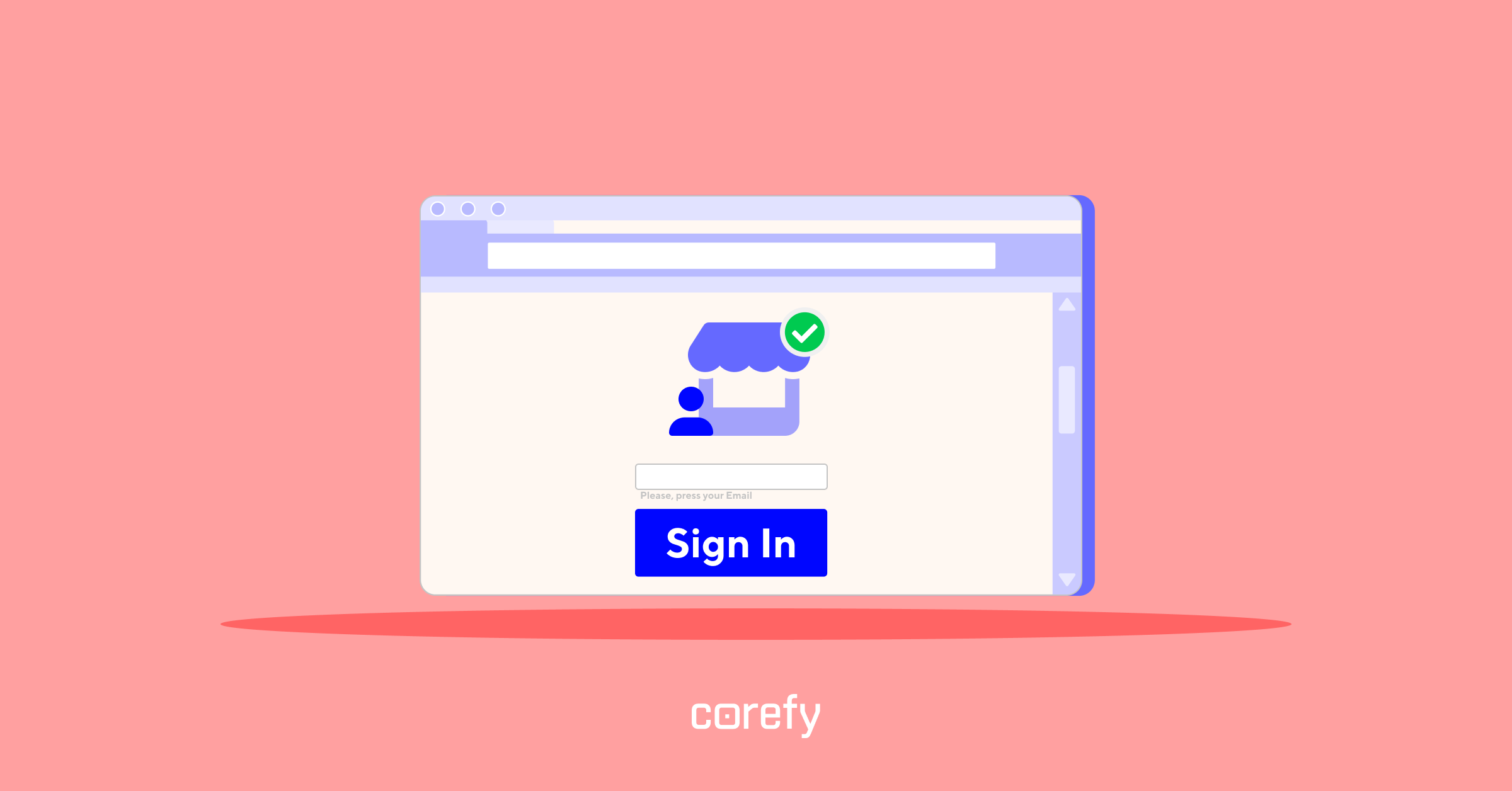
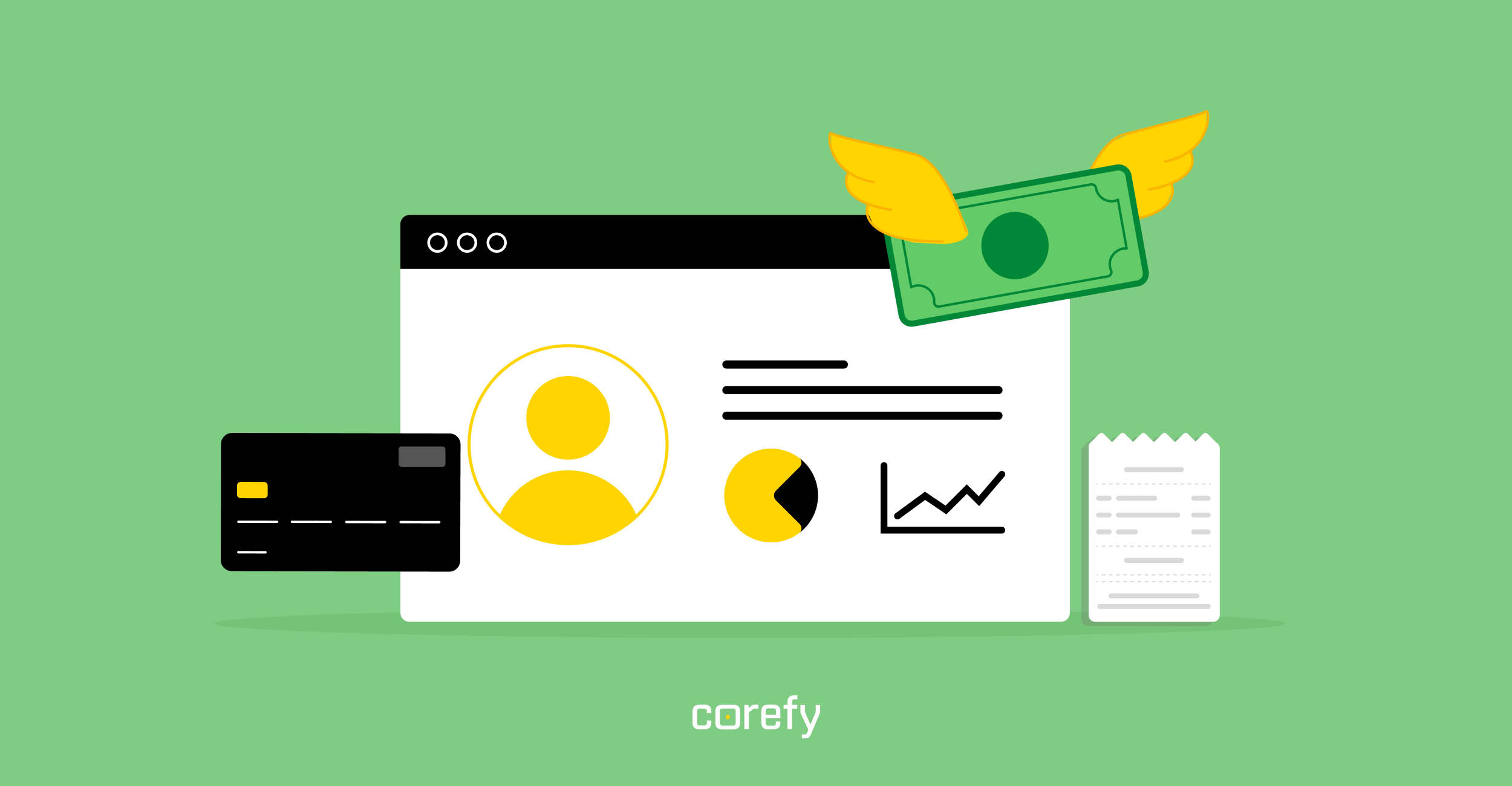

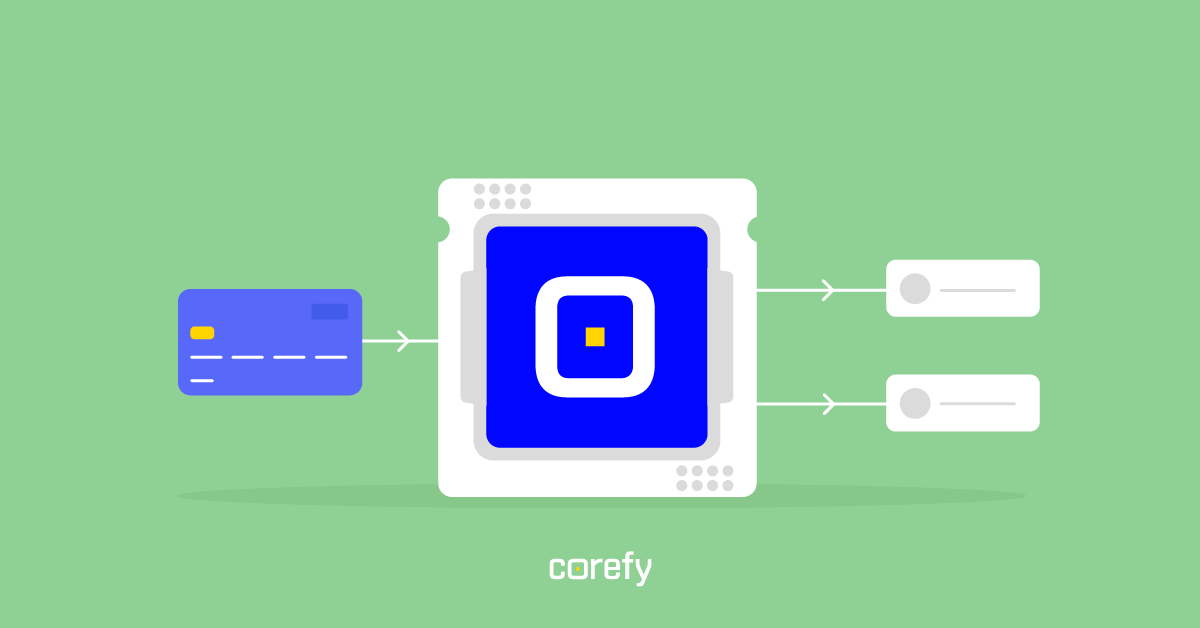
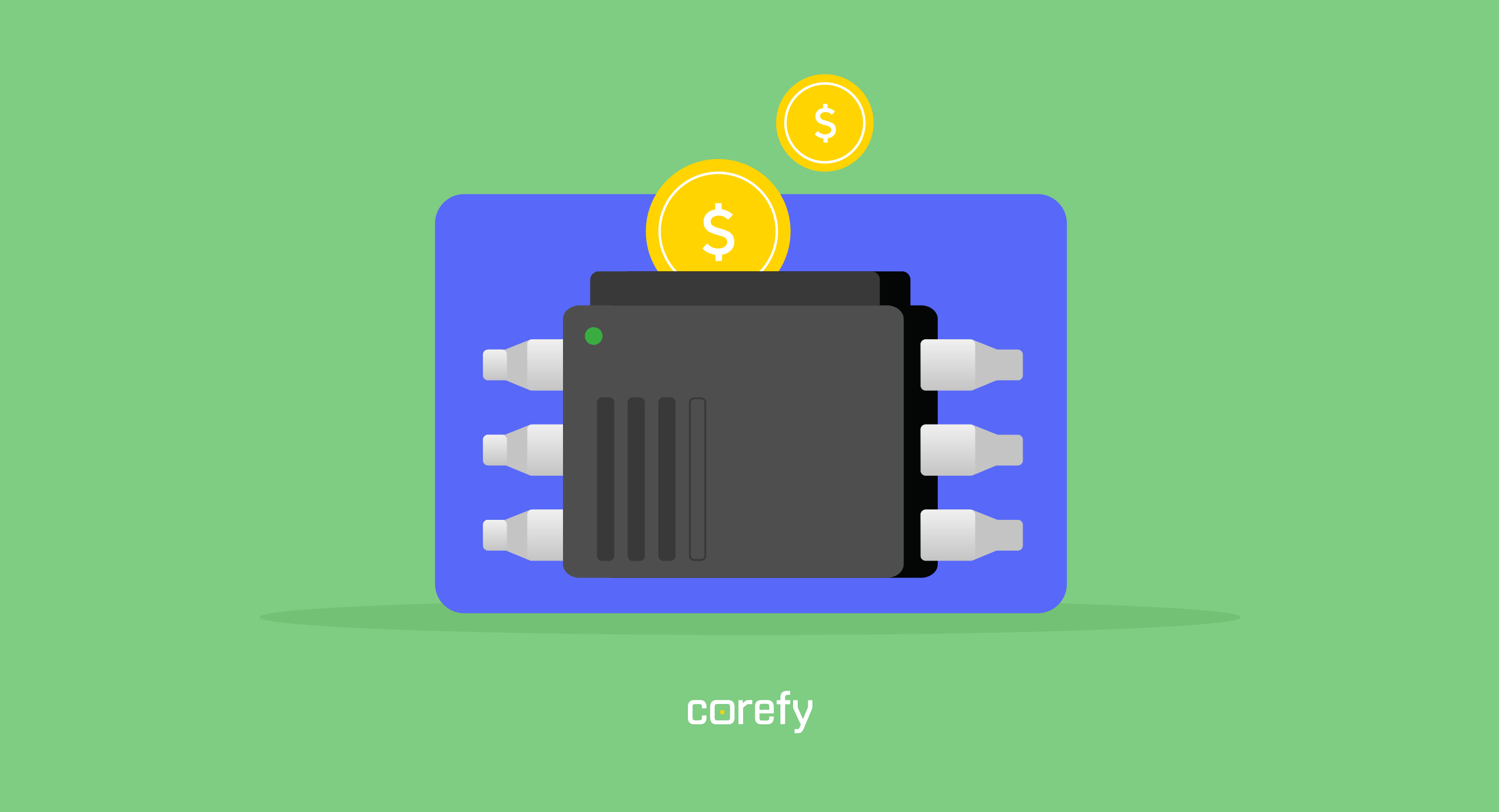

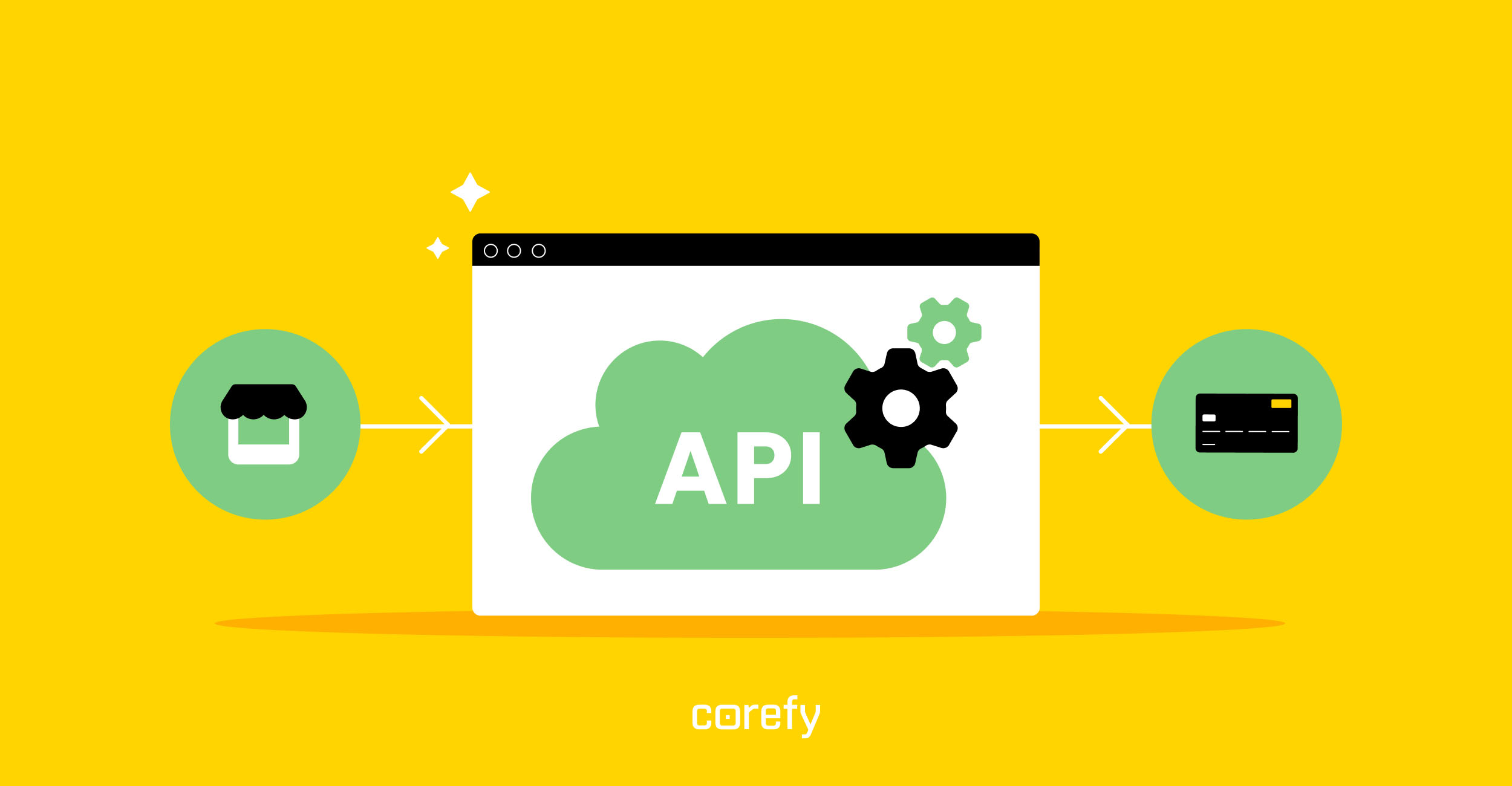
.jpg)

.jpg)
